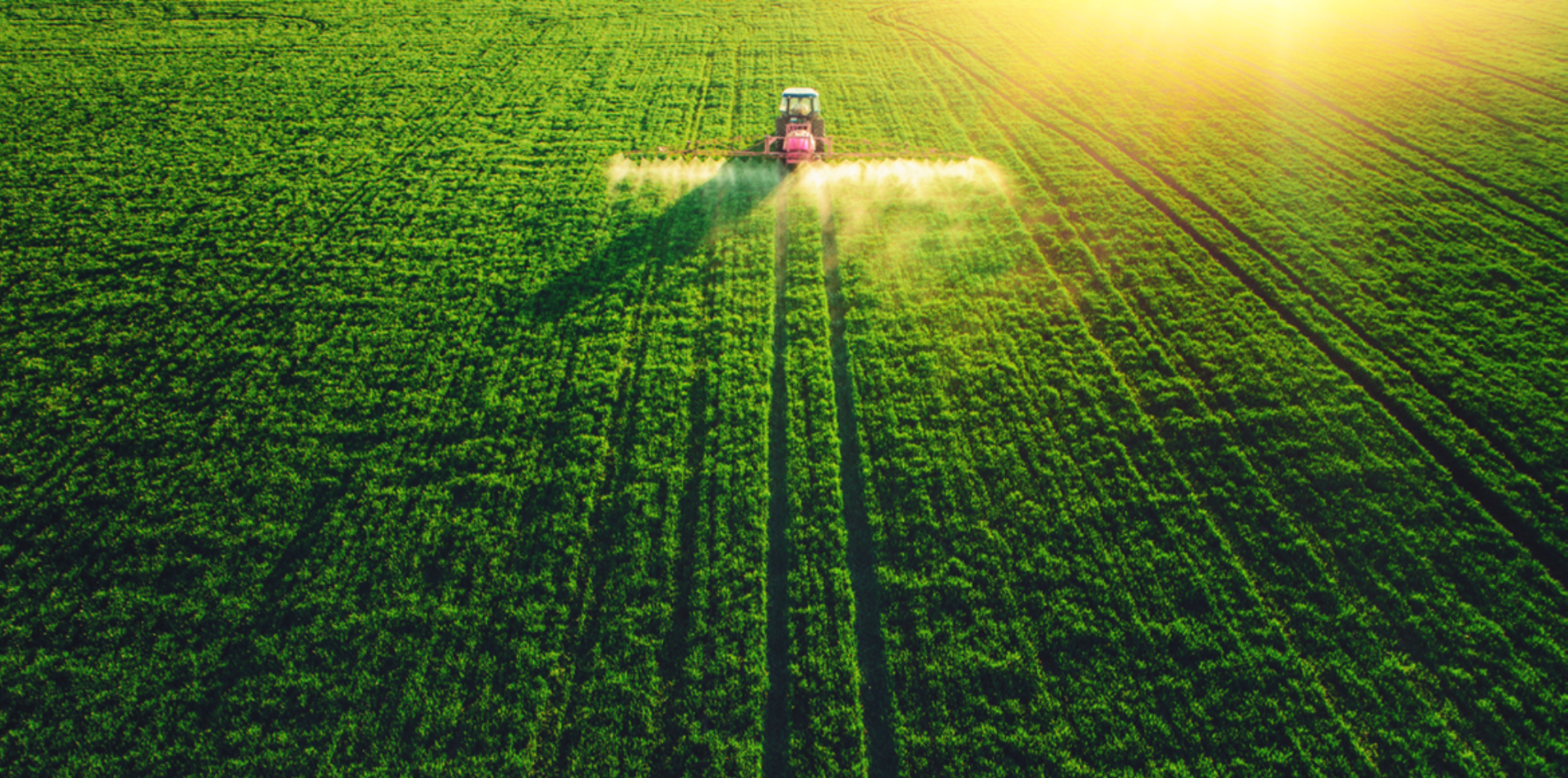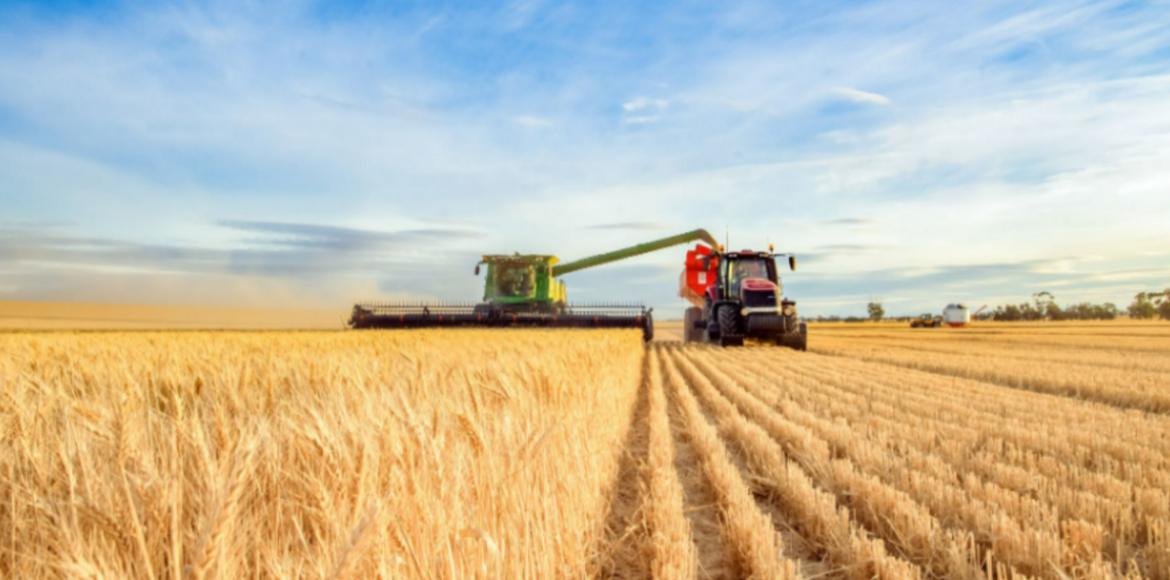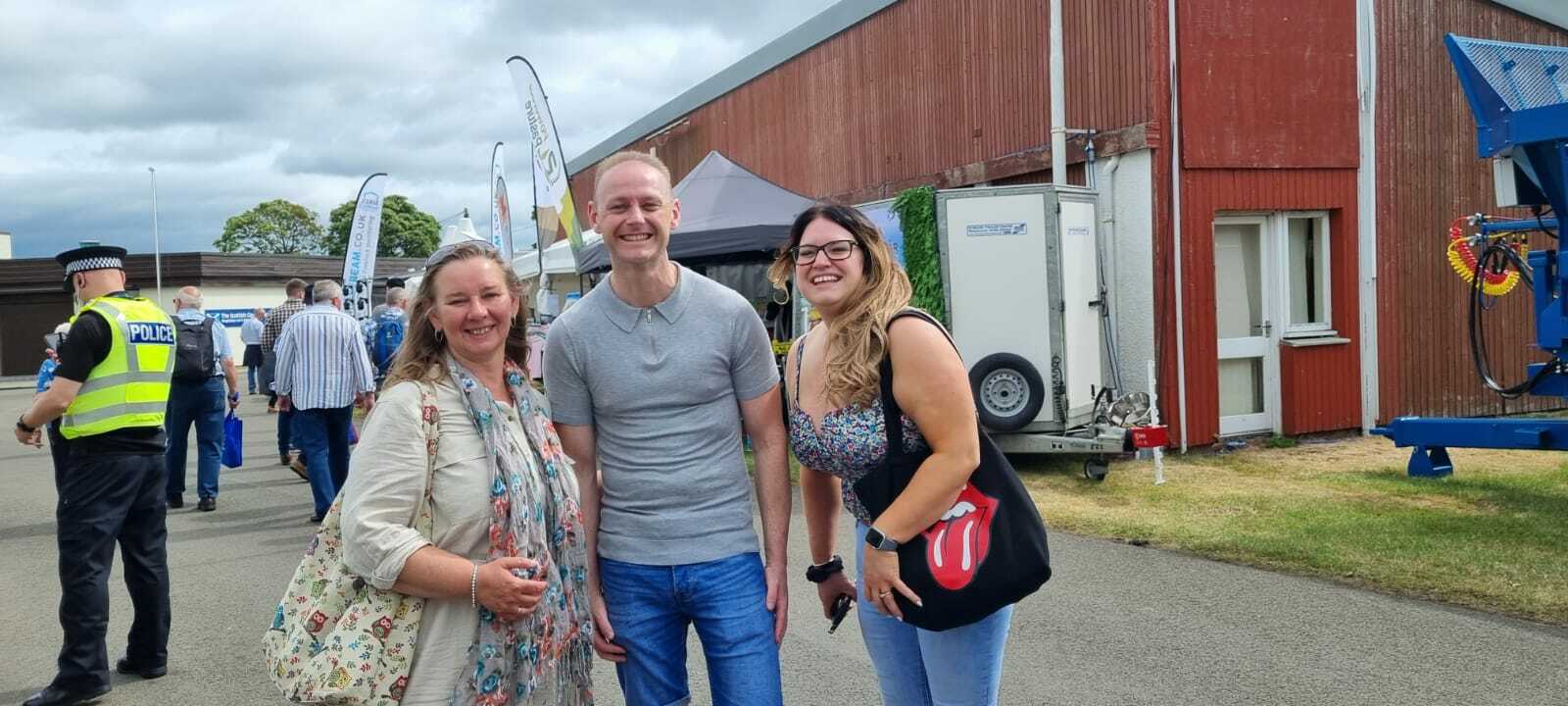By Malcolm Cawsey, Product Manager for Agriculture
The one thing you can always guarantee about farmers is their resourcefulness. Whatever the external world throws at them, they’ll take it on the chin and adapt to the best of their ability.
In the summer of 2018, this meant coping with a lengthy heatwave, addressing issues such as livestock food shortages and crop irrigation difficulties. Towards the close of 2019, it involved delaying crop sowing in response to heavy flooding. And, in 2020, it has meant contending with the direct and indirect consequences of Covid-19.
For example, hundreds of farmers have faced the problem of excess, unwanted produce, Many have faced seasonal labour shortages and the difficulties of creating Covid-compliant environments for the workers they have been able to recruit.
Beyond this, broader food supply chain problems – such as the closure of the UK’s catering sector – have put a further strain on farming revenues, as have the struggles faced by other adjacent industries such as leisure and hospitality.
As ever, farmers continue to take each new challenge in their stride. They may not be recognised as ‘key workers’ in the same way as NHS teams or logistics drivers, but their contribution has been just as vital to the sustenance of the UK during these difficult times.
Keeping a close eye on agri trends
The critical question on most farmers’ minds is ‘what next?’ With the UK braced for a winter of renewed disruption, farmers are having to act now to ensure that they don’t end up with huge volumes of crops, milk or wool that they’re unable to sell further down the line. They need to understand how their current customers are being impacted by the pandemic and, if necessary, pivot towards targeting customers within industries that are comparatively unscathed.
This is no easy task – it’s yet another thing to worry about, at a time when farmers already face professional and personal concerns aplenty. And it’s why, as a specialist agri insurer, we need to do everything we can to support these customers as the pandemic continues.
Face-time with farmers may be on the decline
Perhaps most notably, the pandemic has provoked a huge shift in the way that insurance is conducted across the agriculture sector. The majority of agri brokers responded to the lockdown with great agility, shifting their operations over to a remote working environment within days. For some, attempting to adjust proved to be a bit more complicated..
Understandably, Most broker / farmer relationships were forced into the digital realm for the first time, for example, with renewal reports being shared via email rather than pored over in person, and renewal discussions carried out on Zoom or Skype.
By and large, this transition has worked seamlessly. Farmers are more digitally savvy than they’ve ever been. They’re also busier than they’ve ever been, and doubtless some will have been grateful to forgo their broker meetings and get back to their core business. Similarly, having greatly cut down on their travelling commitments, brokers have found themselves with more desk time than ever before, making them even more productive and for many has helped to improve their work/life balance.
Digital relationships are still relationships
With the recent Government restrictions announcement, it seems that digitally-led relationships will be the order of the day for the foreseeable future.
Digital connectivity has certainly brought much-needed benefits to both farmers and brokers. But if this is now to be the de facto means of conducting agri insurance, it is important that we do not allow our digitally-led relationships to become perfunctory or transactional.
In my experience, the biggest advantage of spending time out on the farm is that brokers are able to spot crucial changes to day-to-day farming operations that their owners may have entirely forgotten to tell them about. Over the years we’ve seen countless examples of this: additional machinery purchased in order to expand the range of crops produced; new diggers on site in order to facilitate a building contracting services side-hustle; farms adding staycation amenities and, in some instances, even allowing guests the use of their vehicles.
Farmers don’t always immediately recognise how the changes they’re making will affect their motor insurance policies. And such changes could be overlooked altogether if face-to-face visits become a thing of the past. Hence, brokers will need to be more proactive than ever in the digital realm, to ensure that they keep track of what’s happening in their customer’s businesses and communicate any relevant developments back to us.
Here to support our broker partners and Farmers
Ultimately, relationships matter in agri insurance because farming operations are complex, their owners hard-working and forever facing a million and one different things to worry about. They matter because farms are having to change with the times, diversifying into adjacent industries and updating their machinery to become more time-efficient, cost-effective and productive.
Success in agri insurance has always been defined by strong relationships, and in the tricky months ahead, this support could be more important than ever.
With our flexible underwriting approach, our team are on hand to support you and your farming customers with their bespoke needs.
If you have any questions on Agriculture motor insurance, or are looking for support please contact our specialist team on agriculturequotes@ers.com






